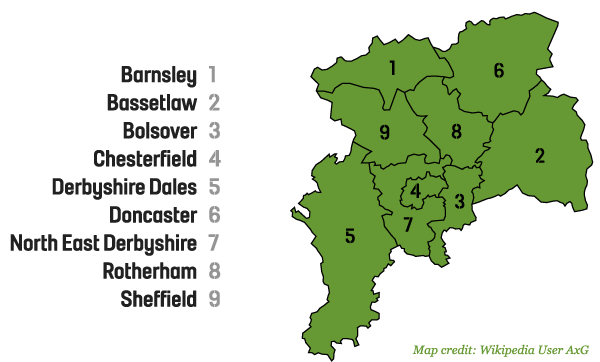Sheffield City Council has a consultation open at the moment about giving fines to people who leave vehicle engines running when not driving (idling). I fully support this, and everyone should respond positively to the consultation.
However, I’m confused about one aspect of the consultation, byelaws.
This consultation asks your views on whether Sheffield City Council should introduce and enforce new byelaws … for “no vehicle idling”
…if Sheffield City Council were to undertake enforcement and issue fines we would need to progress a local byelaw
Does Sheffield City Council need a byelaw to give fines to people who leave engines idling? I don’t think so.
The example used in the consultation is Westminster, where they recently passed an Experimental Traffic Regulation Order to enforce this.
The Order will prohibit engine idling by waiting vehicles, with certain exceptions, to facilitate civil enforcement of the contravention
Not a byelaw, but an experimental traffic regulation order. It’s not clear to me exactly how this offence can be enforced by a TRO, I can’t figure out the relevent laws, they’re too confusing. However, sometimes, traffic enforcement in London is very different to the rest of the country and the laws are different. I’ve emailed Westminster to ask but haven’t heard back.
Elsewhere (and in London?) the The Road Traffic (Vehicle Emissions) (Fixed Penalty) (England) Regulations 2002, and before that, the The Road Traffic (Vehicle Emissions) (Fixed Penalty) Regulations 1997 could be used. To do that, the local authority has to apply for permission, train some people, and they’re good to go. No TRO, no byelaw, that’s it.
Examples of authorities who’ve done this include, Oldham, Islington(2006), Brent(2006), Reading(2016), Kensington & Chelsea (2005), Winchester (2004), North Lincolnshire (2009), and Westminster (2015, before the recent TRO).
So, where did the idea of a byelaw come from? I suspect directly from recent NICE guidelines.
Consider taking action to reduce emissions within the clean air zone. For instance: Introducing fuel-efficient driving initiatives including: Bylaws and other action to support ‘no vehicle idling’ areas
Where did NICE they get this idea that byelaws are required to enforce this in England? I don’t know!
Looking at the DCLG advice for creating byelaws, I don’t believe that a byelaw is allowed to be created for this purpose. They’re very clear that
A byelaw cannot be made where alternative legislative measures already exist that could be used to address the problem.
So, what’s going on? Is this just a case of sloppy terminology in the consultation? Or a more fundamental misunderstand of the law?
I hope Sheffield Council don’t try to create a byelaw covering engine idling. I don’t think it would be legal given other powers they already have and it’s a long, arduous (and probably expensive) process to create new ones.
Sheffield Council should apply to the Secretary of State for Transport (as other local authorities have done), and start enforcing this law ASAP. Nice and simple. No byelaw needed.


